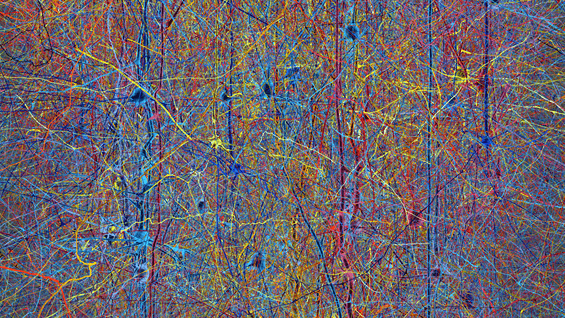New research by Lister Fellow Dr M. Madan Babu and his team have discovered that cells can selectively regulate protein synthesis to cope with stress. These results are discussed in a new paper titled Cells alter their tRNA abundance to selectively regulate protein synthesis during stress conditions which was published in the journal Science Signaling on the 4th of September 2018.
The paper, co-authored with Marc Torrent, Guilhem Chalancon, Natalia de Groot and Arthur Wuster, shows that yeast genes encoding stress response proteins tend to use rarer codons than those encoding proteins required under normal conditions. In addition, the findings also indicate that stress conditions skew the tRNA pool towards tRNAs that more effectively recognise the rare codons used by the stress response genes – enabling faster translation of the related proteins. These results show that both codon choice and changes to the tRNA pool play important roles in effective stress response.
The paper, co-authored with Marc Torrent, Guilhem Chalancon, Natalia de Groot and Arthur Wuster, shows that yeast genes encoding stress response proteins tend to use rarer codons than those encoding proteins required under normal conditions. In addition, the findings also indicate that stress conditions skew the tRNA pool towards tRNAs that more effectively recognise the rare codons used by the stress response genes – enabling faster translation of the related proteins. These results show that both codon choice and changes to the tRNA pool play important roles in effective stress response.
For the first time, the team have been able to demonstrate that cells are able to adapt to a diverse range of stress conditions in this manner. By actively and selectively altering their tRNA abundance the cells directly affected the translation rates of specific transcripts that were most needed.
Dr Babu and his team are active in a number of areas relating to regulation of cellular systems. His team also developed the Protein Contacts Atlas that is helping biomedical researchers better interpret protein structures to understand how they function and why mutations in proteins cause diseases.
Dr Babu leads the Regulatory Genomics and Systems Biology programme at the MRC Laboratory of Molecular Biology in Cambridge, UK and has recently received the Blavatnik award and the ISCB Innovator award.

The Lister Institute is proud to help support Dr. Babu’s work, and that of his team, in this important area. Better understanding of protein synthesis and stress response at the cellular level, have far-reaching applications in a variety of areas, and we are looking forward to supporting his future research.
If you would like to find out more about the research prizes that have helped support Dr Babu’s work, you can find out more here.



